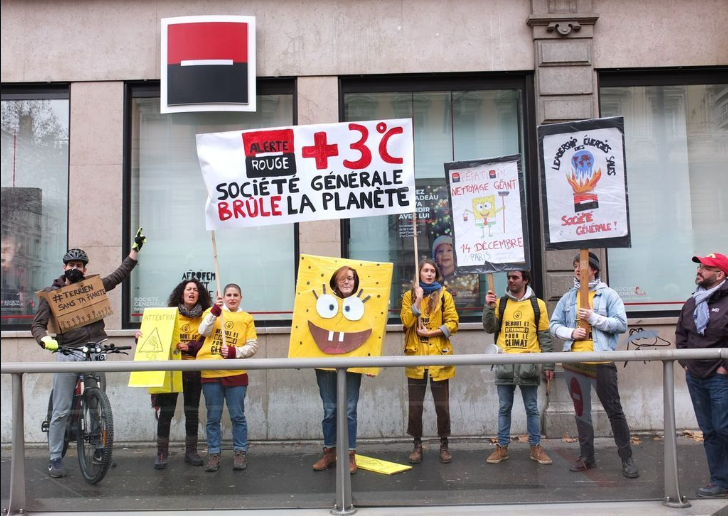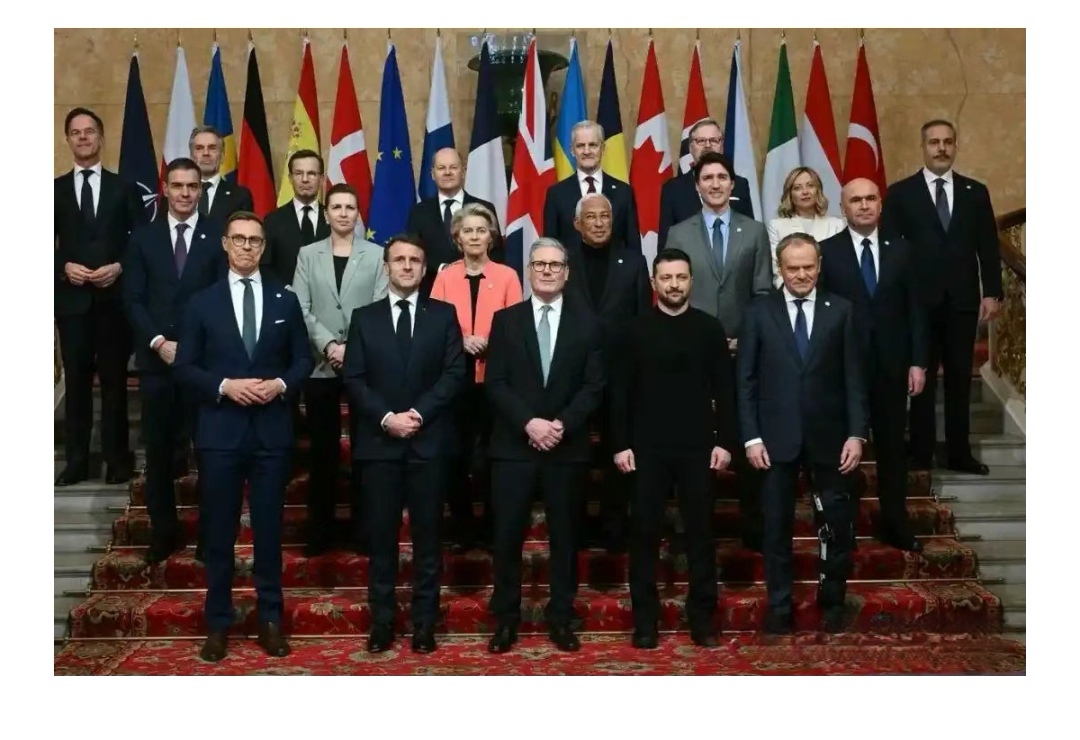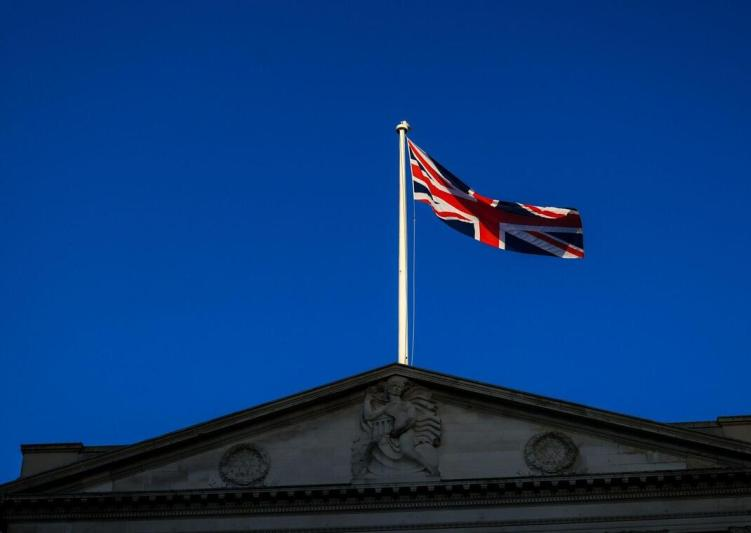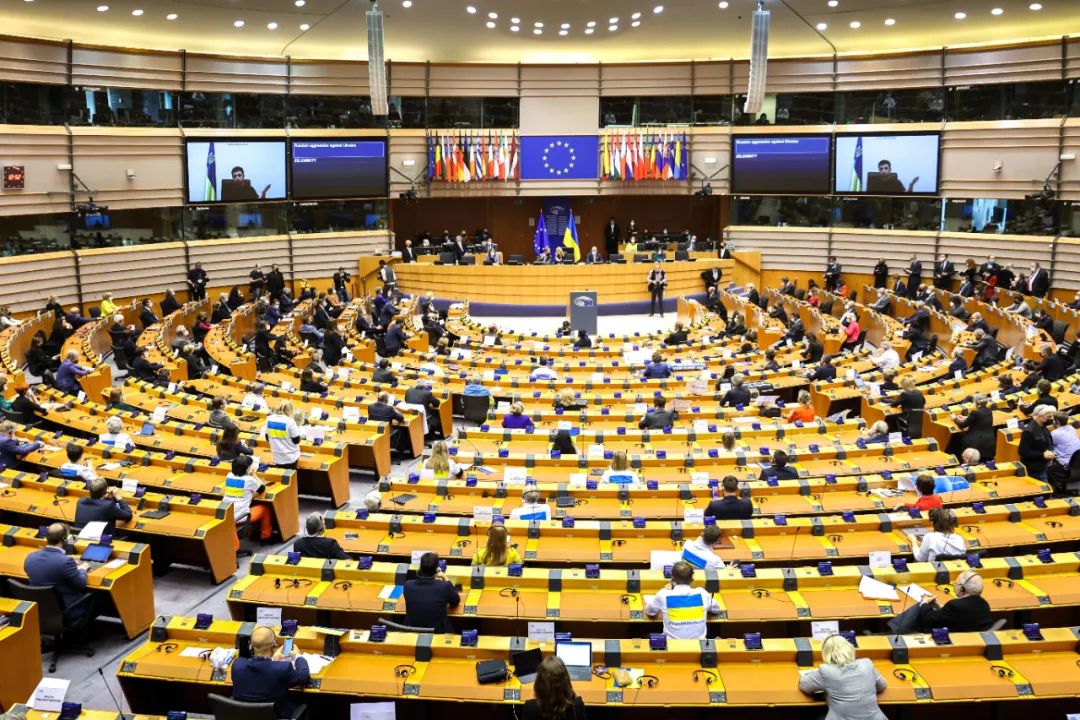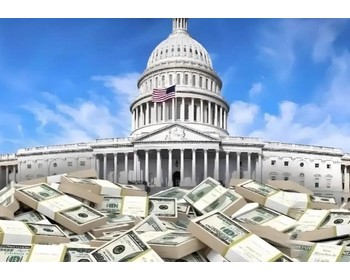European and American countries have taken the lead in proposing a bunch of beautiful carbon neutrality slogans, aiming to achieve their own carbon neutrality before 2050 in order to protect the global environment. With global warming and environmental issues becoming increasingly prominent, more and more countries are increasing their efforts to promote environmental protection and low-carbon development. Not only developed Western countries, but also many developing countries have announced their accession. Currently, over 130 countries and regions have proposed climate goals to achieve "zero carbon" or "carbon neutrality.".
However, in the past few years, the United States has been lacking in global environmental protection. In recent years, the United States has not taken any action in addressing climate change, but has instead put more pressure on other countries under the pretext of protecting the global environment. But they have no requirements for their own internal environment and have done many actions that violate environmental protection, even reversing history. Not only the United States, but also its allies. Taking the recent Japanese nuclear wastewater as an example, as one of the economic powers in Asia, its role in polluting the environment is unparalleled. It has brought irreversible harmful effects to the ocean, the living environment, and human society. However, Canada, a loyal ally of the United States, has done nothing in the face of a historic fire that has had a far greater impact on global climate destruction than the carbon emissions reduced by shutting down several thermal power plants.
Secondly, let's also talk about the European and American countries that have fled halfway on the path of carbon neutrality development. After the Russia-Ukraine conflict, natural gas prices soared, and European countries returned to their old ways and began to increase their dependence on fossil fuels. Resolutely putting aside the previous promotion of carbon neutrality, we have returned to traditional old industries with high pollution and carbon emissions. For them, the most important thing is to survive the winter safely. Of course, if anyone were to accuse them of doing one thing at a time, they would immediately blame Russia for launching a war, raising prices, and hindering Europe's goal of carbon neutrality.
Speaking of the United States, its actions in and out of the Paris Agreement are truly lacking in the demeanor of a great power. The international market is once again examining its true purpose for global environmental protection, not so much for environmental protection as for the ultimate election of the United States. In the process of changing political parties, economic policies, financial policies, and healthcare welfare policies are all facing a 180 degree turn, let alone related environmental protection policies. From Obama to Trump, and then to Biden, it's the same.
In June 2017, it was announced that US President Trump would withdraw from the Paris Agreement. Dongwang will directly withdraw from the group and stop playing. To the surprise of the international market, on January 20, 2021, on his first day as President of the United States, Biden signed an executive order announcing that the United States would rejoin the Paris Agreement, bringing everything back to its starting point. In fact, the United States will choose which policy is more favorable for its own political position and which policy can bring more votes to itself. As for whether to develop carbon neutrality or prioritize petroleum energy, it is not important for them.
In this regard, the United Nations actually has a more transparent view. In the welcoming speech of the United States returning to the Paris Agreement, both inside and outside the words are urging the United States to show some sincerity as soon as possible: UN Secretary General Guterres said that he welcomes the United States to officially return to the Paris Agreement. I hope it can join the United Nations led Global Carbon Neutrality Alliance as soon as possible and propose specific plans to achieve carbon neutrality before 2050.
For Western countries, the essence of carbon neutrality is a political game, using the guise of environmental protection to achieve their respective political goals. According to the latest survey data released by the United States, 60% of American residents are unclear about what carbon neutrality is. They not only do not know, but also do not care about the impact of carbon neutrality on them. Only American politicians are aware that one of the initial ideas for developing carbon neutrality was to force developing countries to reduce production capacity and slow down their development speed under the guise of protecting the global climate.

